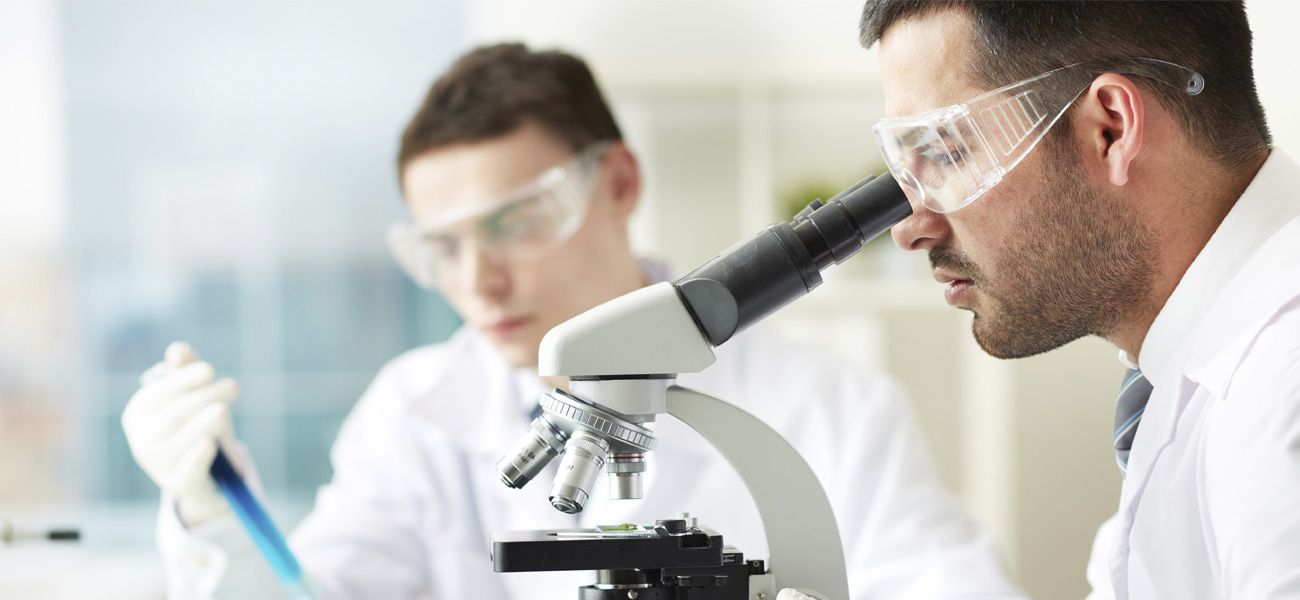Findings from the recent King’s College London study show that three weeks after one dose of the Pfizer vaccine, an antibody response was found in 39% of solid cancer patients and just 13% of people with blood cancer, compared to 95% in healthy individuals. There was a promising report that three out of five (60%) blood cancer patients studied had an immune response after the second dose, but there were not enough blood cancer patients studied for full clinical interpretation.
Blood cancer patients are at risk for more severe COVID-19 outcomes, including more prolonged periods of illness and higher death rates, so they must take every measure to protect their health. There is no indication that COVID-19 vaccines are any less safe in people with blood cancer. The Leukemia & Lymphoma Society (LLS) encourages blood cancer patients to discuss COVID-19 vaccination with their doctor as early as possible. It’s also important to maintain recommended preventative measures like wearing a mask, social distancing, and handwashing, even after vaccination.
This study is particularly relevant for policy decisions in the U.K., where authorities are delaying second doses by up to 12 weeks to use the limited supply to give first doses to more people. In the U.S., Pfizer and Moderna vaccines are being administered as they were intended to — with second doses 21 and 28 days after first doses, respectively.
LLS is leading the charge to better understand COVID-19 vaccine response among blood cancer patients. Our efforts include convening panels of hematologists and immunologists and meeting weekly with Blood Cancer U.K., which is convening a similar group of experts. LLS also recently launched a National Patient Registry to generate a large pool of real-world data to understand how blood cancer patients respond to COVID vaccination. On March 30, LLS is hosting a public discussion with leading hematology physician-researchers who will discuss the latest studies and their implications for patients.

